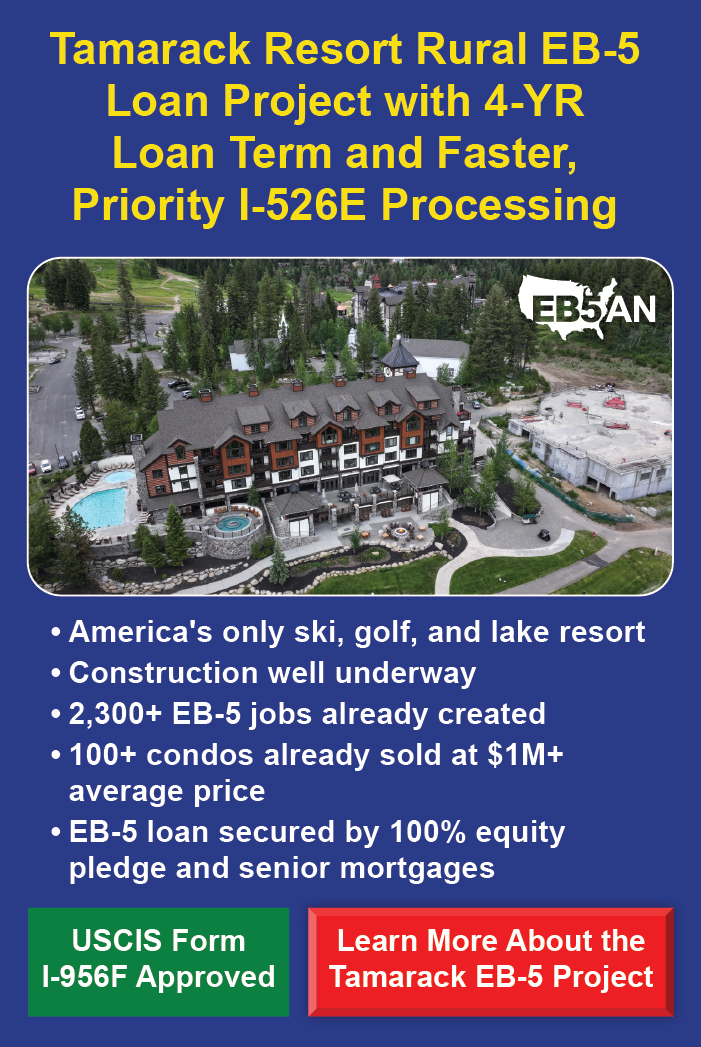
A foreign national who has overstayed their visa can apply for an EB-5 visa, but they will likely be unable to file for adjustment of status. Therefore, even if the I-526E petition is approved, the I-485 application for adjustment of status will likely fail. Additionally, any money earned while out of status cannot be used to fund the EB-5 investment, as United States Citizenship and Immigration Services (USCIS) will not consider the funds “lawfully obtained.” However, the person may be able to apply for the EB-5 program if they leave the United States and allow the prescribed time to elapse before applying, or if the Department of Homeland Security (DHS) grants a waiver of ineligibility.
How an overstay affects a visa application is set out in section 212(a)(9)(B)(i) of the Immigration and Nationality Act (INA). The main factors affecting visa eligibility after an overstay are how long the person remained in the United States illegally, how long ago it happened, and why the person remained in the country while out of status. If the person remained in the country for more than 180 days but less than a year, they will be ineligible for a U.S. visa for three years. If they remained for more than a year, the ineligibility period increases to 10 years.
DHS might waive ineligibility, at its discretion, under certain circumstances. For example, it may waive ineligibility if denying an applicant a U.S. visa will cause extreme hardship for a member of the applicant’s immediate family who is a lawful permanent resident or a U.S. citizen. Form I-601 is used to apply for a waiver.
This aspect of immigration law is extremely complex, so it would be best to work with an immigration attorney to find a path to a U.S. visa. An immigration attorney will not only be able to assess a person’s eligibility for the EB-5 program but also assist with, for example, filing an ineligibility waiver.








